Brigitte Friedrich-Haack joined Deutsche Beteiligungs AG as Head of Corporate Development in 2025.
Before joining DBAG, Brigitte Friedrich-Haack was Chief of Staff to the CEO of CIB Germany at BNP Paribas S.A. Prior to that, she worked as an equity research analyst for the DACH region at Exane, a subsidiary of BNP. She began her career as a consultant for Infrastructure Advisory & Mobility at PricewaterhouseCoopers.
Brigitte Friedrich-Haack holds a Bachelor of Laws in Law, Financial Management, and Taxation from Wolfenbüttel University of Applied Sciences. She also holds a Master of Science in Business Administration from Otto von Guericke University in Magdeburg.


 Newsletter
Newsletter 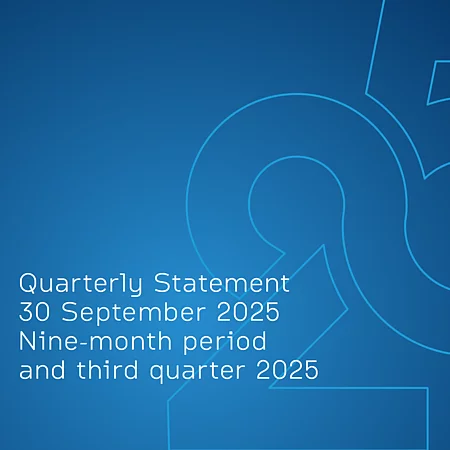
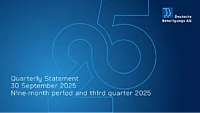
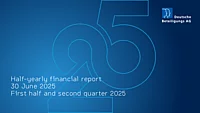

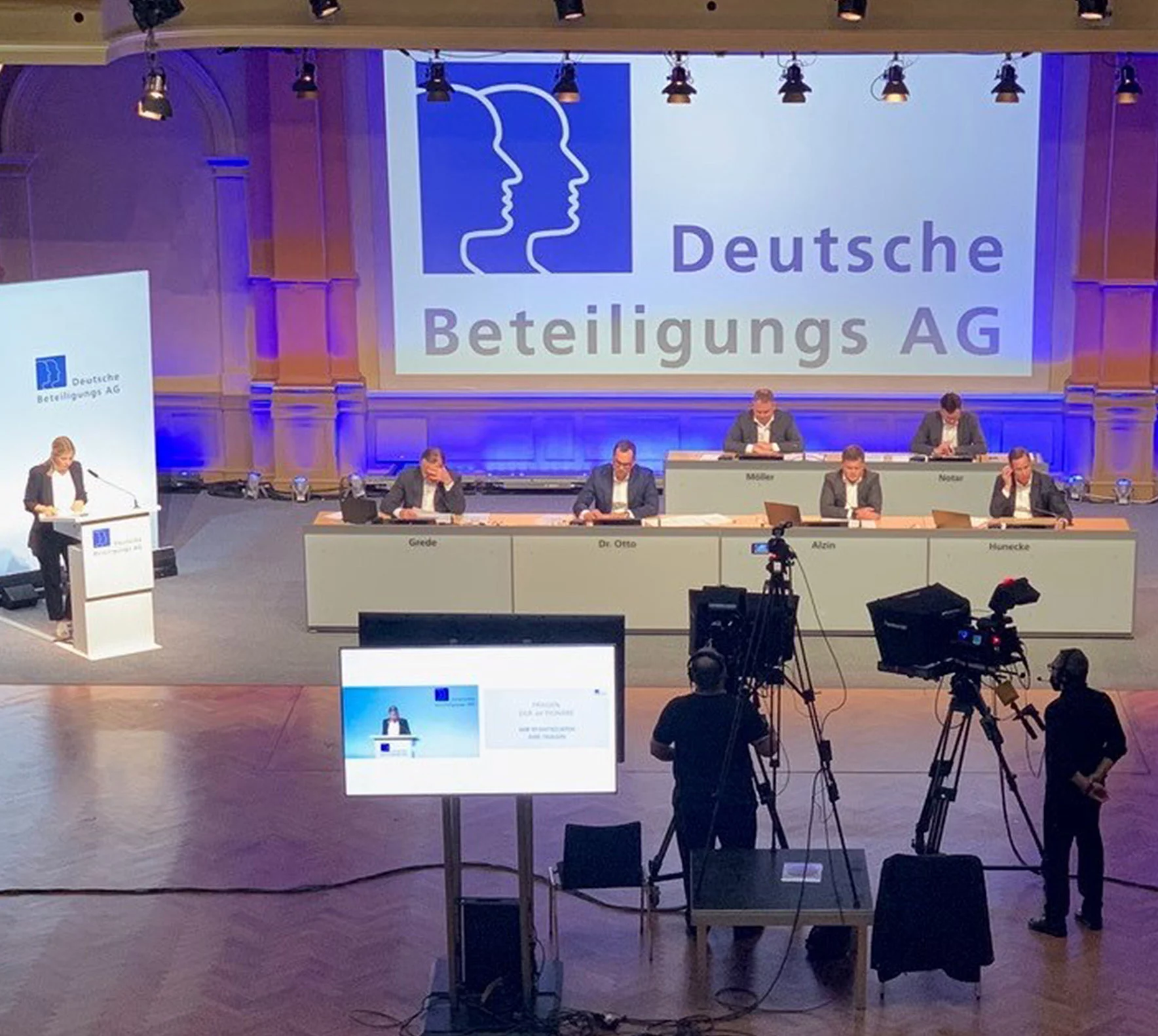
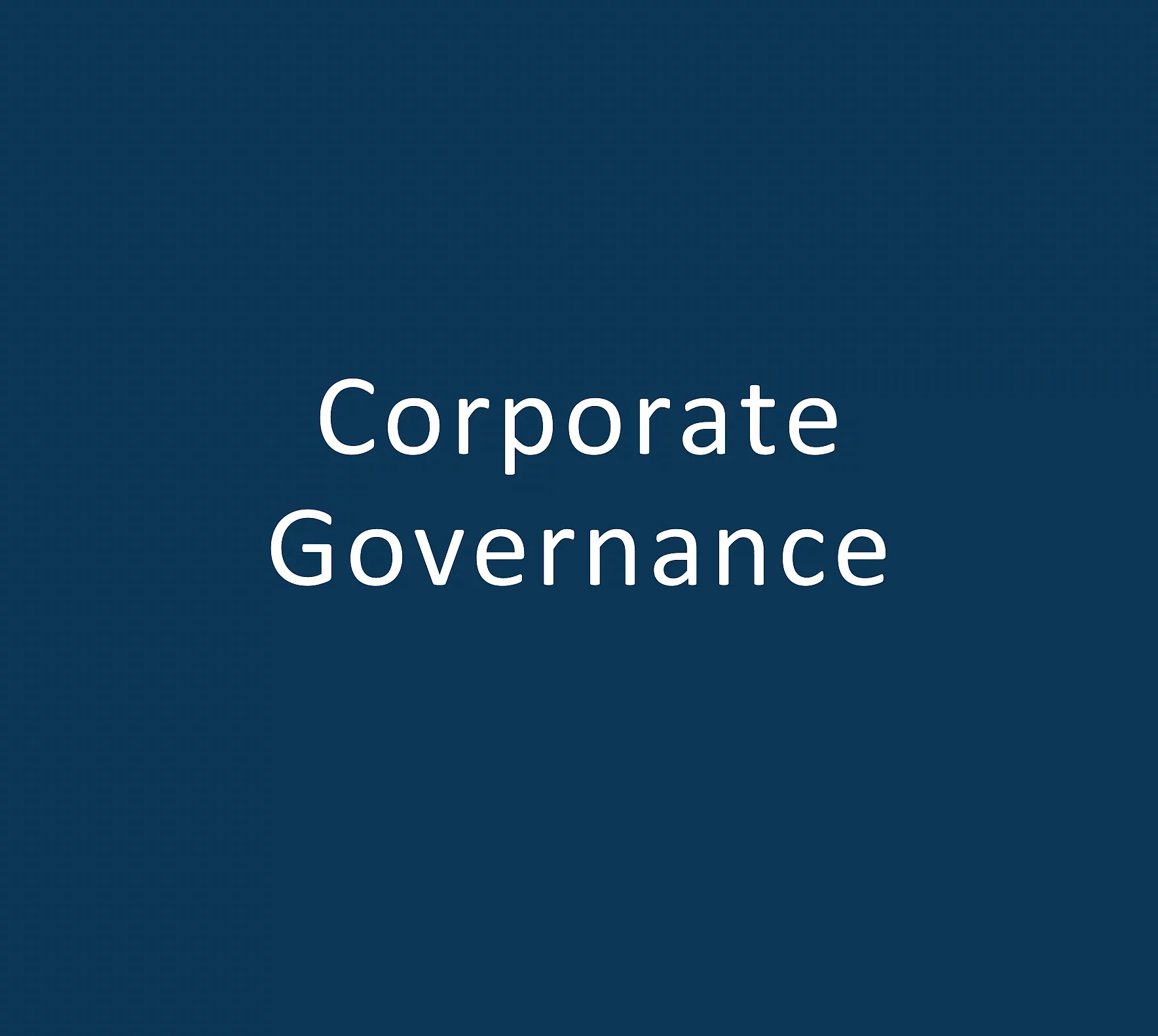




 Contact
Contact  Downloads
Downloads  Newsletter
Newsletter 






